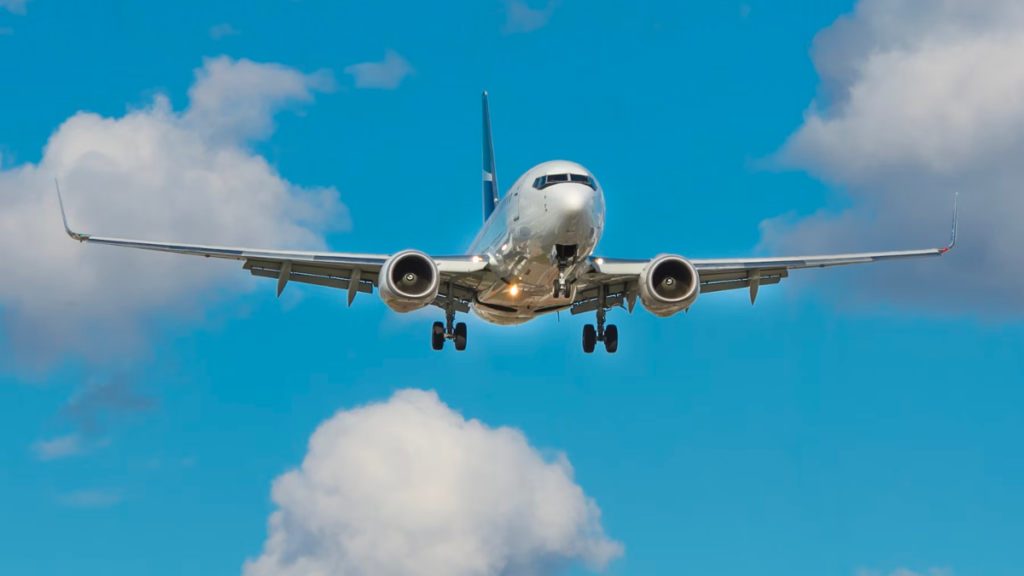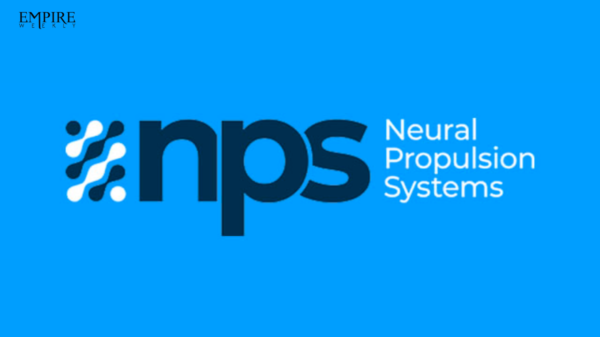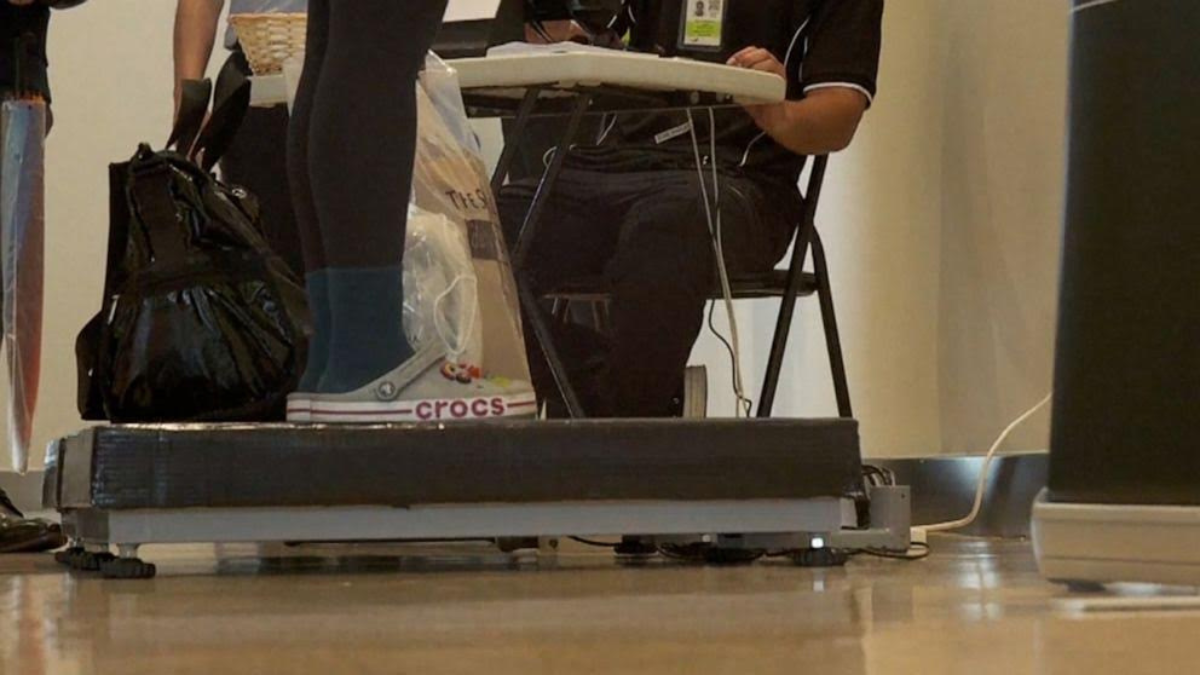In a significant development, airlines have begun implementing new measures to ensure passenger safety and operational efficiency. According to a recent study, airlines request passengers disclose their weight before boarding flights. This practice aims to improve aircraft load distribution and enhance fuel efficiency, ultimately contributing to a safer and more environmentally friendly aviation industry.
Air New Zealand Takes the Lead
Air New Zealand, the country’s national airline, is spearheading this innovative approach. As reported by multiple sources, including ABC News and CNN Travel, the carrier has started asking passengers to provide their weight during the check-in process voluntarily. By gathering this data, the airline aims to gain a more accurate understanding of the aircraft’s weight distribution, which directly affects safety and fuel consumption.
The Motivation behind the Initiative
The decision to collect passenger weight data stems from a comprehensive study conducted by Air New Zealand, in collaboration with academic researchers. The study highlighted the significant variations in passenger weight estimates, revealing potential imbalances in aircraft weight distribution. By requesting passengers to disclose their weight, airlines can better manage weight distribution and make informed decisions regarding the seating arrangements and cargo placement on each flight.
Ensuring proper weight distribution on aircraft is crucial for maintaining stability and safety during flight. Uneven distribution can affect the aircraft’s balance and handling characteristics, potentially compromising the safety of the passengers and crew. By accurately assessing the weight distribution through passenger data, airlines can adjust seating arrangements and cargo placement to optimize balance and reduce the risk of incidents.

Moreover, with precise weight information, airlines can calculate fuel requirements more accurately. This enables them to optimize fuel loads and reduce unnecessary fuel consumption, resulting in lower carbon emissions and a positive impact on the environment.
Air New Zealand emphasizes that passenger weight disclosure is entirely voluntary and passengers can choose not to provide this information. The airline assures passengers that the data will be handled with utmost privacy and confidentiality, conforming to strict data protection regulations. Participating passengers can rest assured that their personal information will be securely managed and used solely for operational purposes.
While Air New Zealand has taken the lead in implementing this practice, other airlines worldwide are closely monitoring the results of the initiative. If successful, this practice could potentially be adopted by airlines across the globe, leading to enhanced safety and improved fuel efficiency industry-wide.
Conclusion
The aviation industry constantly seeks innovative ways to enhance safety, efficiency, and sustainability. The recent initiative by Air New Zealand to request passenger weight information is a promising step forward in achieving these goals. By ensuring accurate weight distribution on aircraft, airlines can improve safety standards, optimize fuel consumption, and minimize environmental impact. With voluntary participation and strict data privacy measures in place, passengers can contribute to a safer and greener aviation industry. As the results of this study unfold, it remains to be seen whether other airlines will follow suit and implement similar practices for the benefit of all stakeholders in the global aviation community.




































